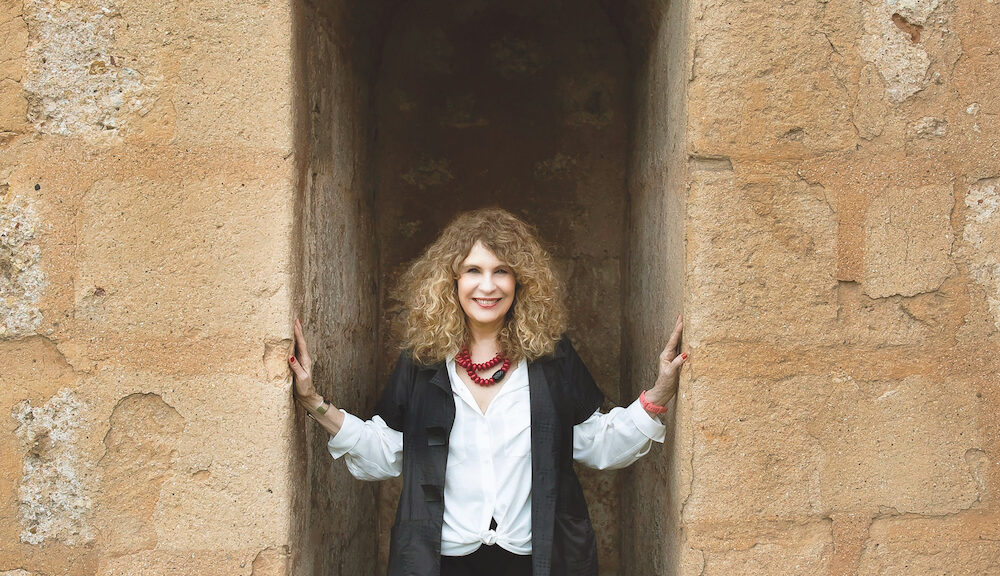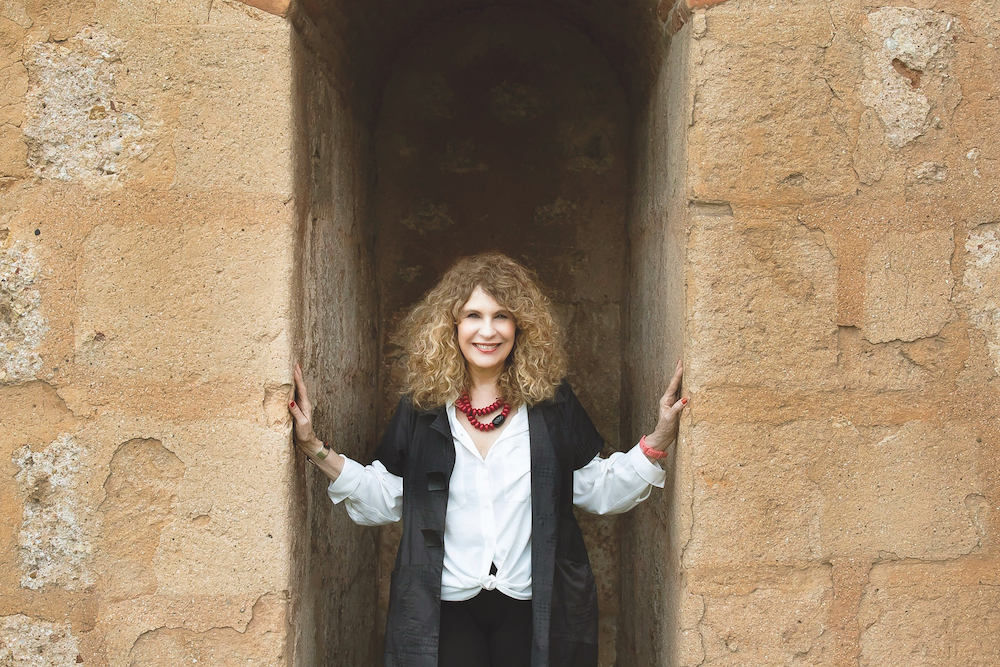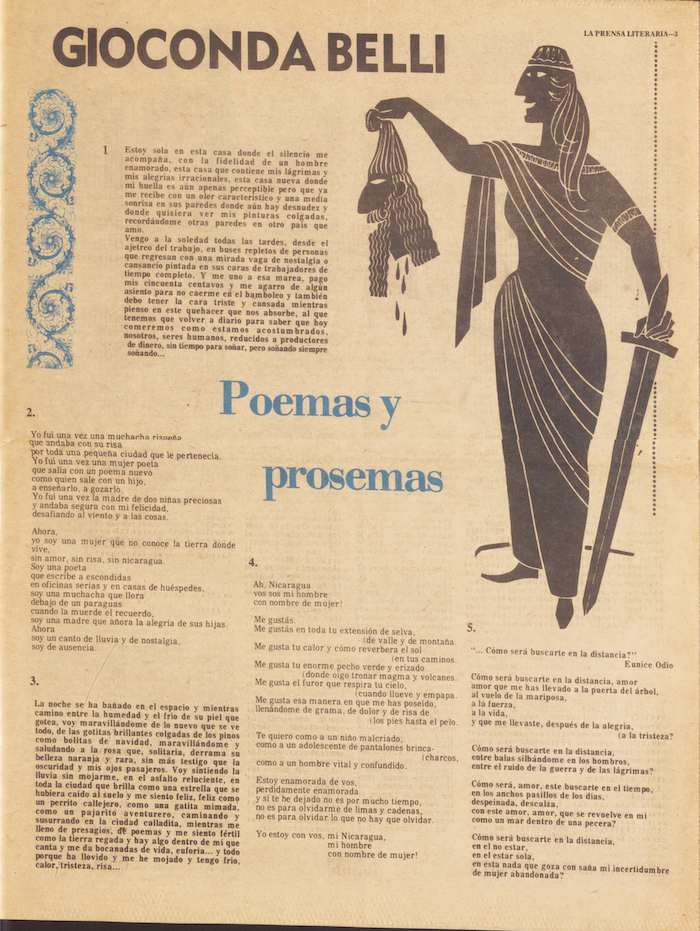Renowned Nicaraguan writer and political figure, Gioconda Belli, spoke to a captivated crowd of over 120 attendees at a March 20 event hosted by the Benson Latin American Collection. The occasion served not only as a platform for Belli to share her remarkable journey but also to celebrate the acquisition of her archive by the Benson Latin American Collection.
Born in Managua, Belli grew up amidst the political upheaval of the Somoza dictatorship. Educated both in Nicaragua and abroad, she studied in Europe and the United States before initially pursuing a career in advertising, later shifting her focus to revolutionary politics.
In 1970, Belli joined the Sandinista National Liberation Front (FSLN), a leftist guerrilla organization opposing the Somoza regime, where she served as a clandestine courier, transported weapons, and travelled around Europe and Latin America obtaining resources and raising awareness of the Sandinista struggle.
Belli’s literary works artfully merge fiction and autobiography, drawing from her experiences as a revolutionary and a woman. Themes of love, desire, politics, and social change permeate her writing, notably exemplified in her renowned novel “The Inhabited Woman” (La mujer habitada, 1988).
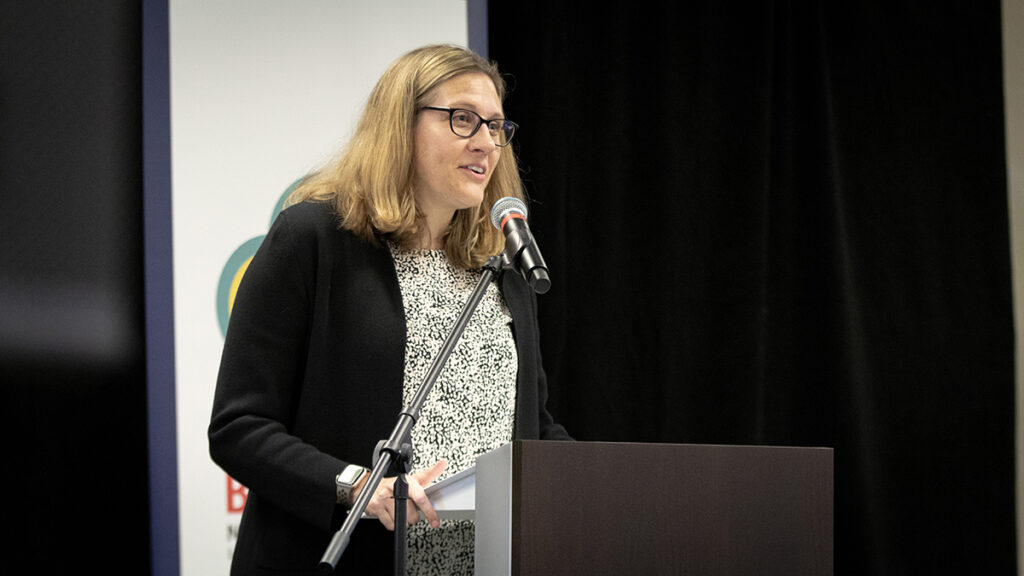
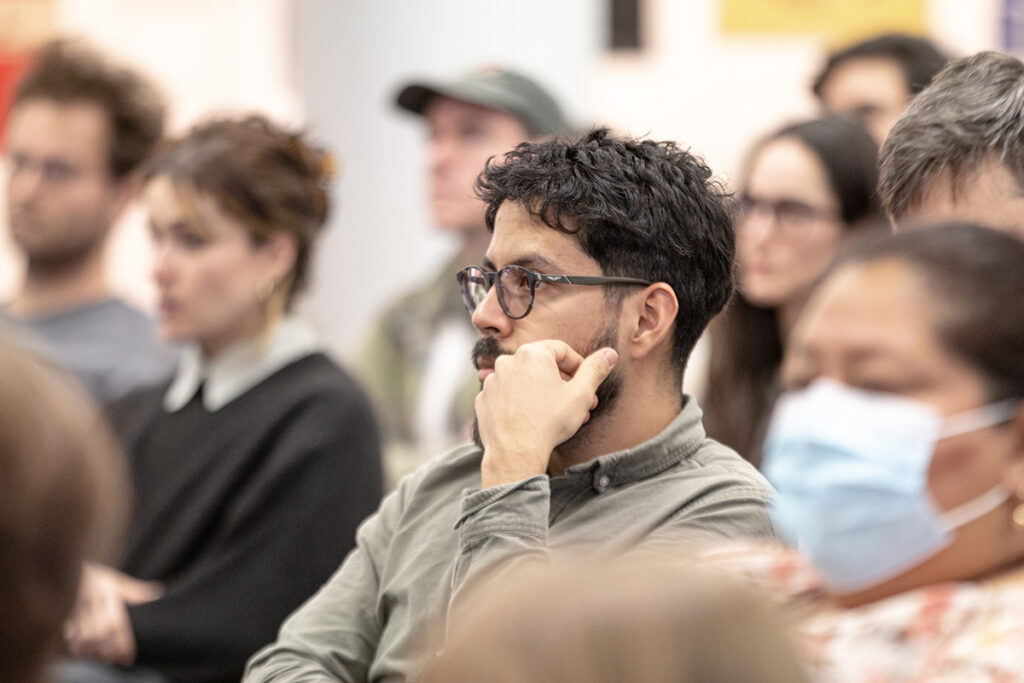
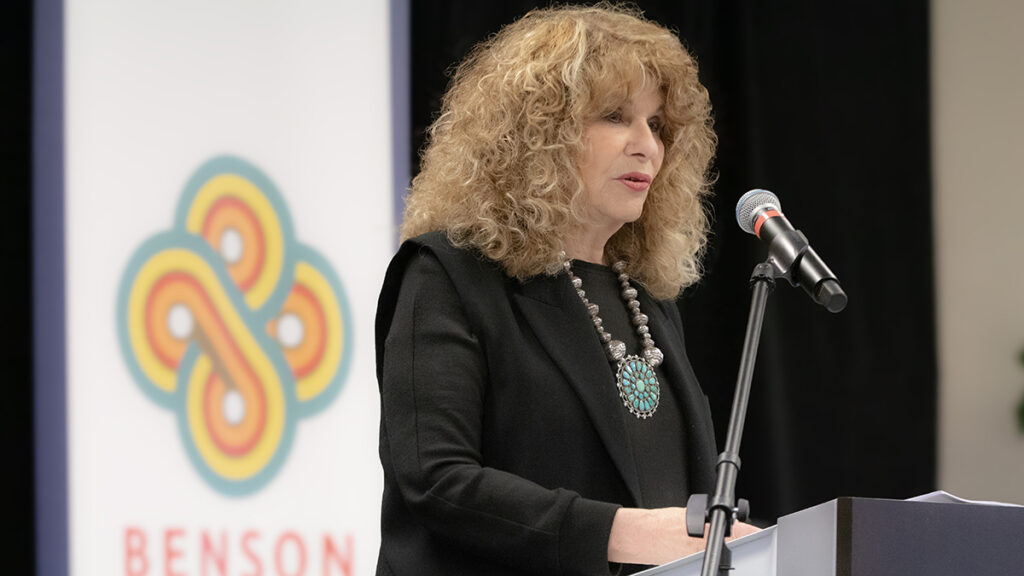
Belli’s talk at the Benson delved into her experiences as a Sandinista and how these pivotal moments, intertwined with her personal life, have shaped her identity as a writer. The event provided Belli an opportunity to reflect on the preservation of her legacy at the Benson, and the importance of maintaining a historical accounting.
Attendees were treated to a recital of her poetry during her talk, and her compelling narrative resonated deeply with the audience, sparking thoughtful questions during the Q&A session that followed with director of the Teresa Lozano Long Institute of Latin American Studies (LLILAS) Adela Pineda.
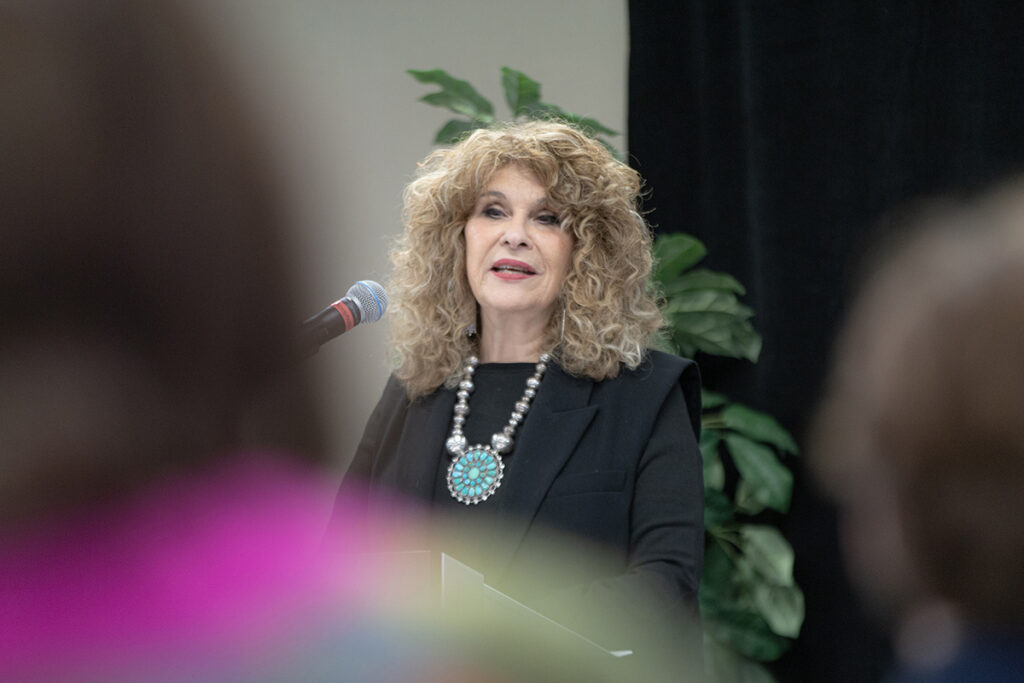
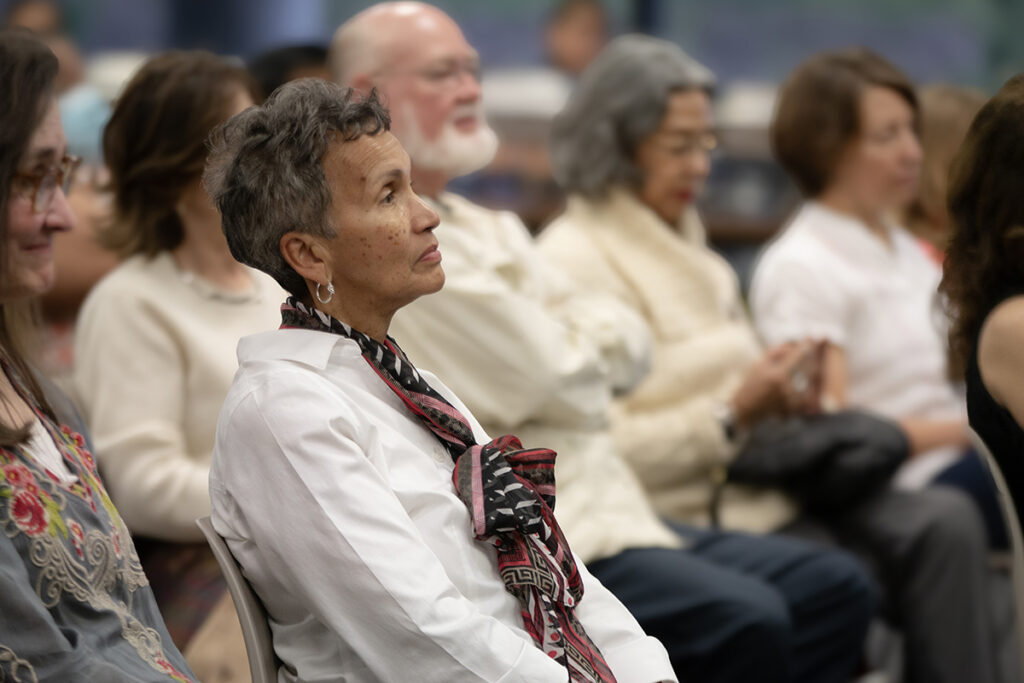
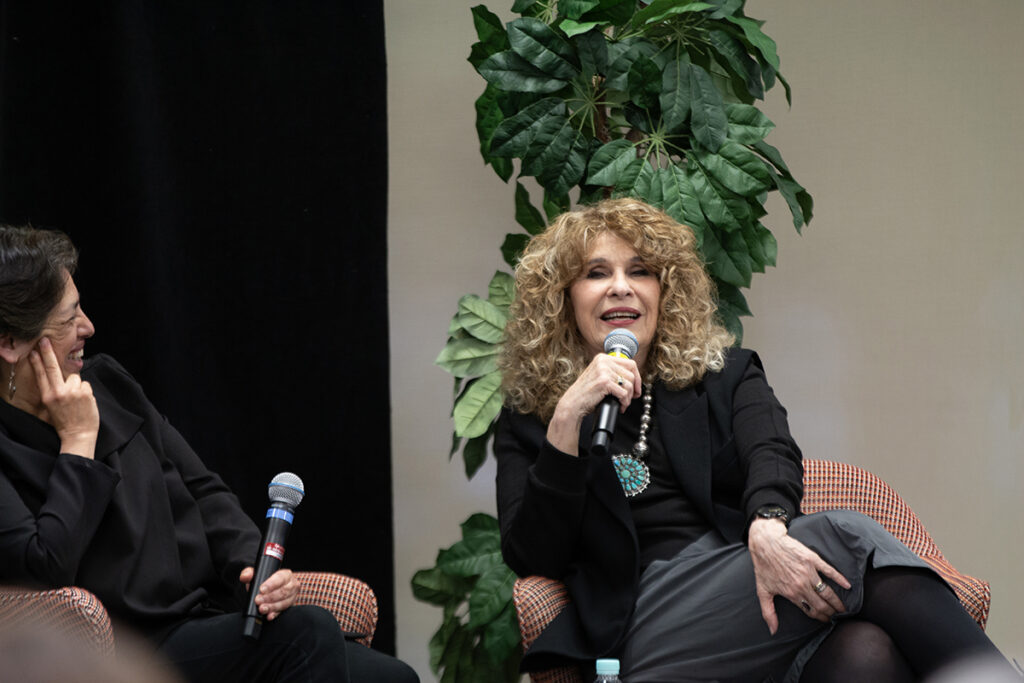
Despite being exiled by the government of Daniel Ortega in 2022, Belli remains actively engaged in social and political advocacy, championing women’s rights and democratic reforms in Nicaragua and beyond. Continuously writing and participating in public discourse, she uses her platform to amplify marginalized voices and advocate for social justice.
The event not only served as a tribute to Gioconda Belli’s contributions to literature and politics but also highlighted the importance of preserving her legacy through the acquisition of her archive by the Benson Latin American Collection.
Read an interview with Gioconda Belli by Benson Director Melissa Guy, which appeared in a recent edition of Portal.


